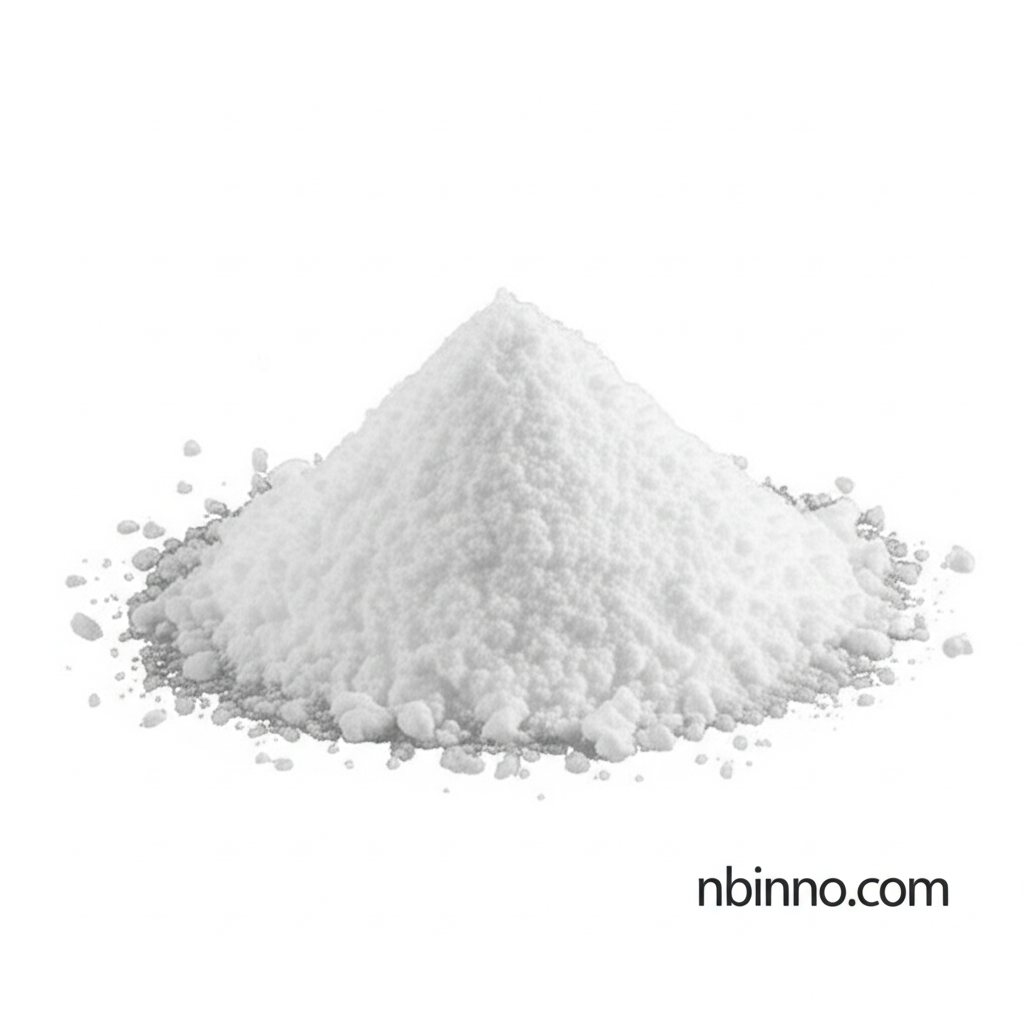Procaine Hydrochloride: The Reliable Local Anesthetic for Dental and Medical Applications
Discover the benefits and applications of this trusted local anesthetic, a staple in medical and dental practices worldwide.
Get a Quote & SampleProduct Core Value

Procaine Hydrochloride
Procaine Hydrochloride is a widely recognized and utilized synthetic organic compound, historically significant as a local anesthetic. Introduced in 1905 under the trade name Novocaine, it quickly became a preferred substitute for cocaine in medical and dental procedures due to its improved safety profile.
- Understand the procaine hydrochloride uses in various medical settings, particularly for pain management during routine procedures.
- Explore how procaine hydrochloride dental anesthesia provides effective numbing for oral treatments.
- Learn about the procaine hydrochloride mechanism of action, which involves blocking sodium channels to prevent nerve impulse transmission.
- Be informed about potential procaine hydrochloride drug interactions to ensure safe usage and patient outcomes.
Key Advantages
Effective Pain Management
Procaine Hydrochloride is crucial for pain relief, offering reliable localized anesthesia for dental work and minor surgeries.
Proven Safety Profile
Compared to its predecessors, Procaine Hydrochloride offers a better safety profile, with fewer toxicity and addiction concerns, making it a trusted choice.
Cost-Effective Solution
Its accessibility and manufacturing efficiency make Procaine Hydrochloride a cost-effective anesthetic option, especially in regions where budget is a consideration.
Key Applications
Local Anesthesia
Procaine Hydrochloride is a primary agent for achieving temporary loss of sensation in a specific body area, essential for many clinical interventions.
Dental Procedures
Its application in procaine hydrochloride dental anesthesia is extensive, ensuring patient comfort during fillings, extractions, and other oral treatments.
Nerve Block Procedures
Utilized for nerve block anesthesia, Procaine Hydrochloride effectively blocks pain signals from specific nerves, aiding in surgical interventions.
Pain Management
Beyond its anesthetic properties, it plays a role in managing pain during and after various medical procedures, supporting patient recovery.
Related Technical Articles & Resources
Why Choose Us?
Leverage our expertise and state-of-the-art infrastructure to accelerate your journey from discovery to commercial success.
Global Experience
With 20 years of R&D, manufacturing, and sales experience, we proudly serve clients across 60 countries and regions worldwide.
Advanced Facilities
Our in-house R&D laboratory, pilot platform, and large-scale production workshop are equipped to meet the audit requirements of global customers.
Seamless Scalability
We facilitate a perfect transition from small-scale lab requirements (grams) to full commercialization (hundreds of tons).
